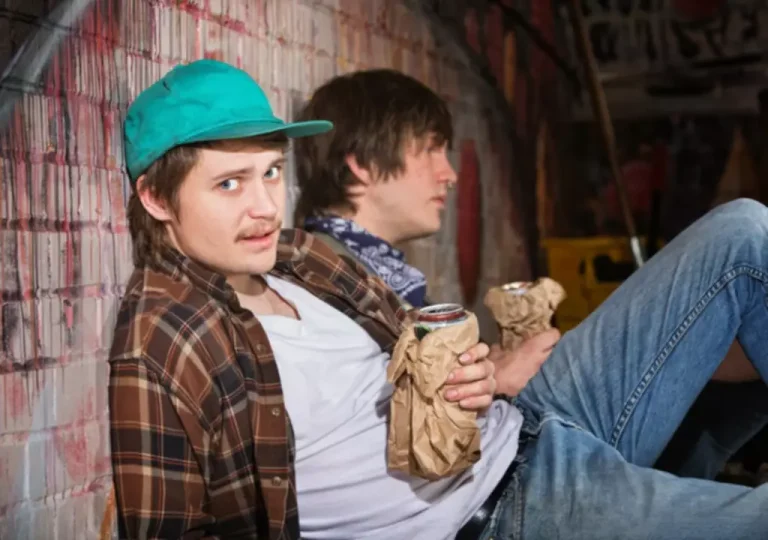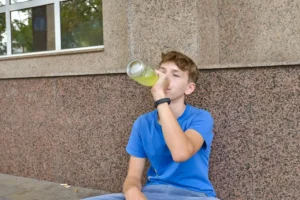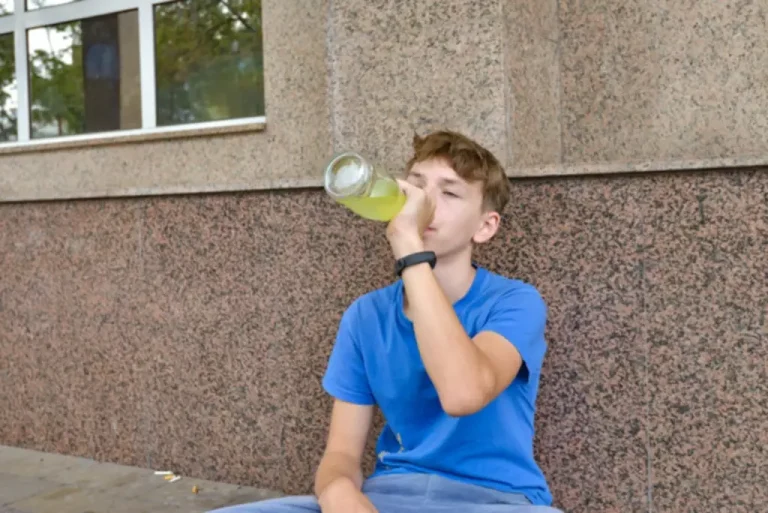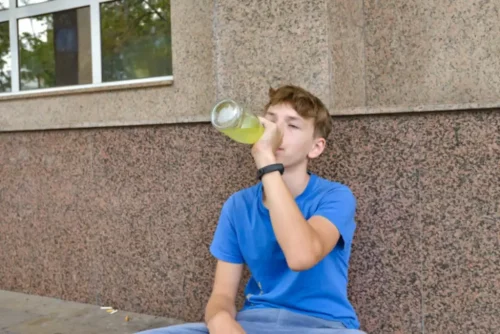
In the early ’90s, Flav caught some flak from his fellow Public Enemy members for showing up late to shows, but they didn’t even know the real problem. He eventually checked himself into the Betty Ford Clinic, and, y’know, found love in one form or another on VH1. Now, he’s back on the road with his pals and bringing the hype to the stage without any serious drug problems.
Educating the Public on the Realities of Substance Abuse
Addressing drug addiction in the rap industry requires a collective effort from all involved. It’s crucial to promote awareness, understanding, and proactive measures towards prevention and recovery. By highlighting the dark reality behind drug addiction and supporting those struggling with it, we can strive towards a healthier rap community. Eminem, also known as Marshall Mathers, is one of the most successful rappers in history.

Eminem – “Drug Ballad”

“It’s a variety of colors that you have,” PatvFoo said, referencing the various formulations of codeine cough syrups. PatvFoo learned about lean through the Texas rap scene and artists rappers with drug addiction like DJ Screw and then became a user. As hard as people like Andre’a and Carmela are working to stem the tide, drug use continues to rise. In recent years, artists like Lil Yachty, Chief Keef, Gucci Mane, G Herbo, Lil Baby and others have revealed they kicked lean habits. It can lead to missed shows, canceled tours, and a decline in the quality of their music.
- But despite drug culture’s influence over music and trends, a number of the game’s favorite artists embrace sobriety.
- By sharing their stories of overcoming addiction and engaging in advocacy and awareness campaigns, rappers contribute to a broader conversation about the challenges of addiction and the potential for recovery.
- The song prompted fellow rapper OG Maco to accuse Future of encouraging people to use drugs.
- Orlando Wharton, executive vice president at Capitol Music Group and president of Priority Records, knows very well how death can take a toll on the genre’s progression.
- In the 1960s and 1970s, LSD and heroin helped musicians break on through to the other side, while cocaine gave 1980s pop music its turbo charge.
- Eminem, previously recognized for his intense portrayal of drug misuse, has transformed into a symbol of hope for many grappling with addiction.
Treatment Options and Resources
- The influence of these rappers with drug addiction extends beyond their personal lives.
- In addition to sharing their personal stories, many rappers have taken on the role of advocates in the fight against drug addiction.
- These support systems can provide guidance, resources, and access to treatment options.
- Here are five rappers who have openly admitted to having addiction to the purple mixture.
- Also last January, Mozzy kicked off the #KickDaKupChallenge, denouncing lean by pouring out a whole bottle onto the ground.
His “Recovery” album is a clear reflection of his path to sobriety, showcasing his battles, triumphs, and dedication to a drug-free life. This transformation has inspired countless fans and fellow musicians, proving that powerful music can emerge without the influence of drugs. Numerous artists have channeled their battles with substance abuse into their songs, using music as both a therapeutic medium and a platform to shed light on the harsh truths of addiction. Macklemore, the Grammy-winning rapper, has been transparent about his struggles with addiction. His battle with substance abuse started early, with his first experience with alcohol at 14. Last on our list of rappers who overdosed is the “Solcyboyz 2” rapper Big Scarr.
Her unexpected passing was a profound loss that was felt by her fans and fellow artists. Ari Lennox, Ella Mai, and Kehlani have all paid tribute to the promising young rapper. At the end of the day, it’s clear that Russ is afraid that the new generation will pick up some dangerous habits while trying to emulate their favorite rappers.

The U.S. Drug Epidemic Is An Ongoing Crisis & Hip Hop Is One Of Its Many Victims
Several other rappers, from Macklemore to Kendrick Lamar, have relayed the dangers of drug abuse through song. Instead of glorifying the behavior, a bevy of rap artists speak of addiction in a more somber tone. Young Dro’s rehab story is particularly sad because of how the effects of his drug use hit close to home. At the time, he had no idea he would get addicted or how far the effects would reach. Unfortunately, he did struggle with substance abuse down the line, and much later, he discovered that his teenage daughter had started using as well. Dro shared that the discovery pushed him to check himself into rehab in 2021 and has stayed clean since.

- Addressing these personal and professional consequences requires a comprehensive approach that includes support, treatment, and rehabilitation to help rappers overcome their addiction and regain control of their lives.
- He spoke extensively about his excessive use of the drug when he used to take it, and withdrawal symptoms when he tried stopping.
- Despite the influence of drug culture in rap, many rappers have faced personal battles with drug addiction.
- Marshall Mathers’ drug addiction wasn’t really a surprise, considering the regularity with which he rapped about Vicodin and all manner of legal and illegal substances.
- Key factors like personalized treatment, behavioral therapies, strong support systems, co-occurring disorder care, and aftercare programs significantly impact alcohol rehab success rates.
Miller marijuana addiction died from mixed drug poisoning, which includes the combination of cocaine, fentanyl, and alcohol. Two dealers have been sentenced to prison in connection with Mac Miller’s fatal overdose. First on our list of rappers who overdosed is multi-platinum rapper DMX. On April 9, 2021, the “Party Up (Up in Here)” rapper suffered a heart attack that was triggered by a cocaine overdose.
- His story serves as a reminder of the importance of supporting those struggling with addiction and seeking help.
- Herd’s analysis stopped at 1997, but she noted that a recent study suggests the continued prevalence of substance abuse references in contemporary rap music.
- Professionally, drug addiction can lead to inconsistent performances, missed opportunities, and damage to the rapper’s reputation.
- Several other rappers, from Macklemore to Kendrick Lamar, have relayed the dangers of drug abuse through song.
Celebrating Small Wins: Unlock Your Path to Success
Rappers continue to use their influence to make a positive impact on the lives of those struggling with addiction and to promote a culture of recovery and redemption. These rappers’ stories highlight the importance of seeking help, finding support networks, and making the commitment to change. They serve as role models for individuals facing similar challenges, proving that recovery is a possibility. Through the years, various high-profile rappers have entered rehab for substance abuse or mental health problems. Rich Homie Quan’s passing on Sept. 5 at the age of 34 is the latest example of a rap star’s life being tragically snuffed out due to an accidental drug overdose. Medical Examiner’s Office’s report, the Atlanta rapper died from the combined effects of fentanyl, alprazolam, codeine and promethazine.


 Bitcoin
Bitcoin  Ethereum
Ethereum  Tether
Tether  Bitcoin Cash
Bitcoin Cash  Litecoin
Litecoin